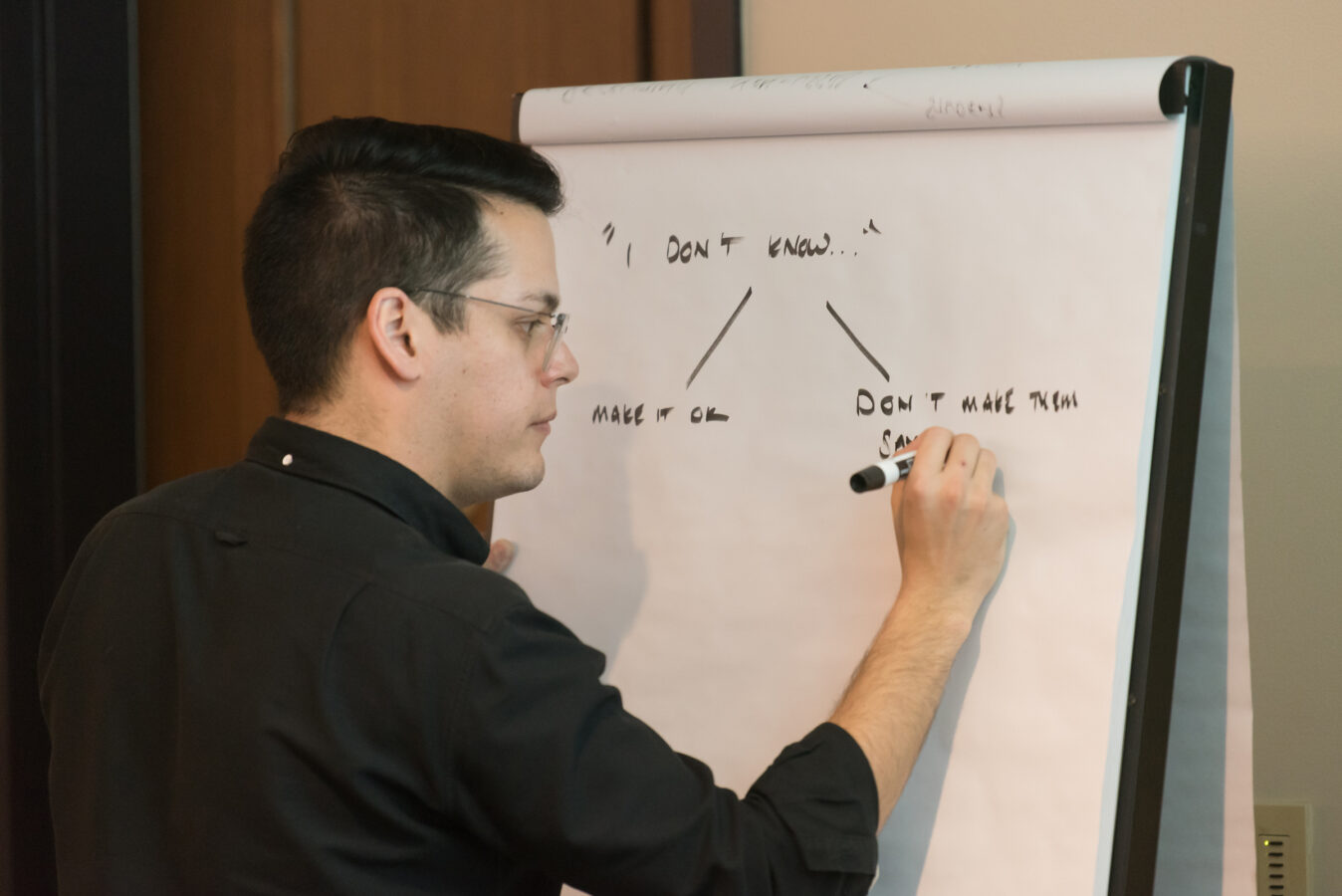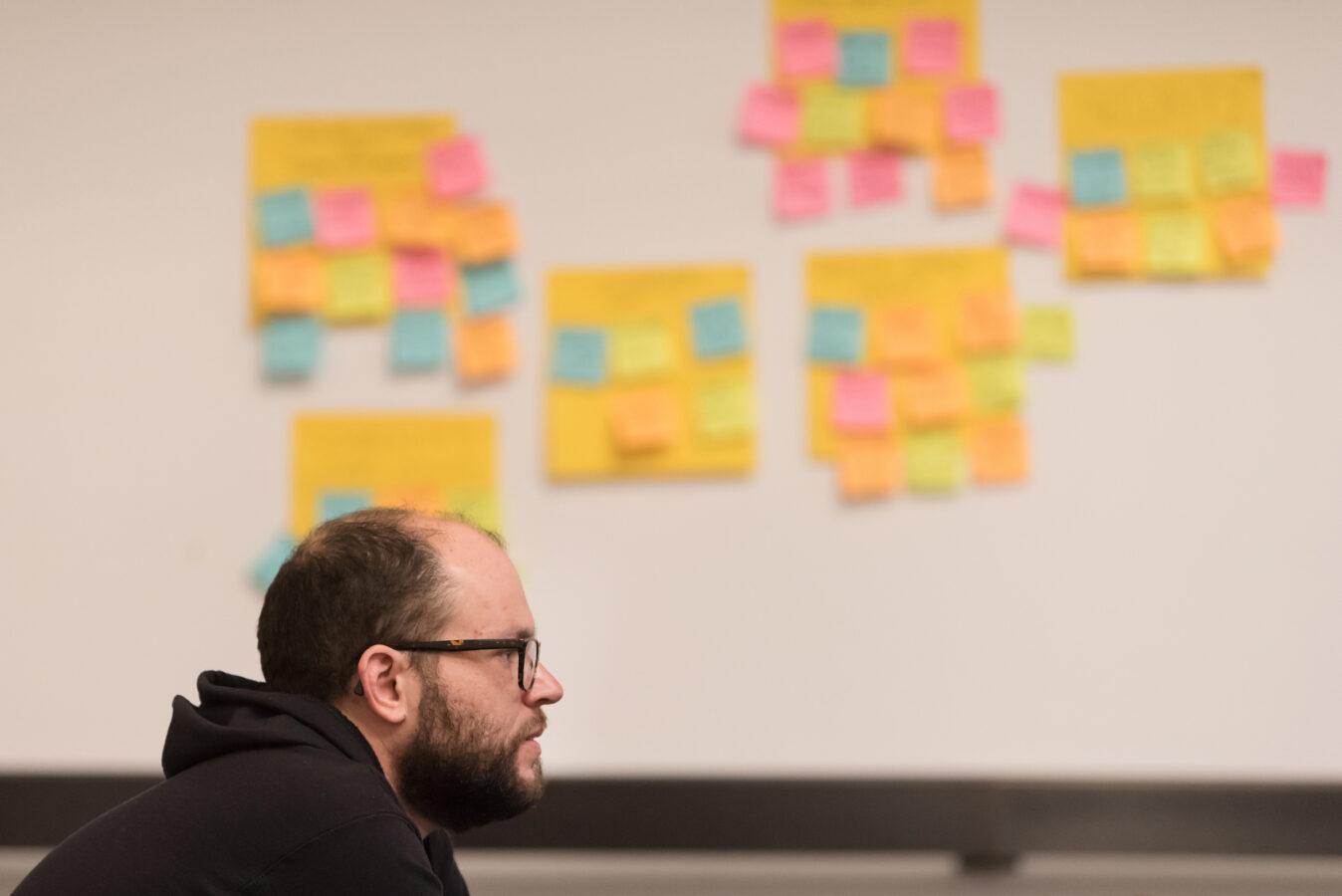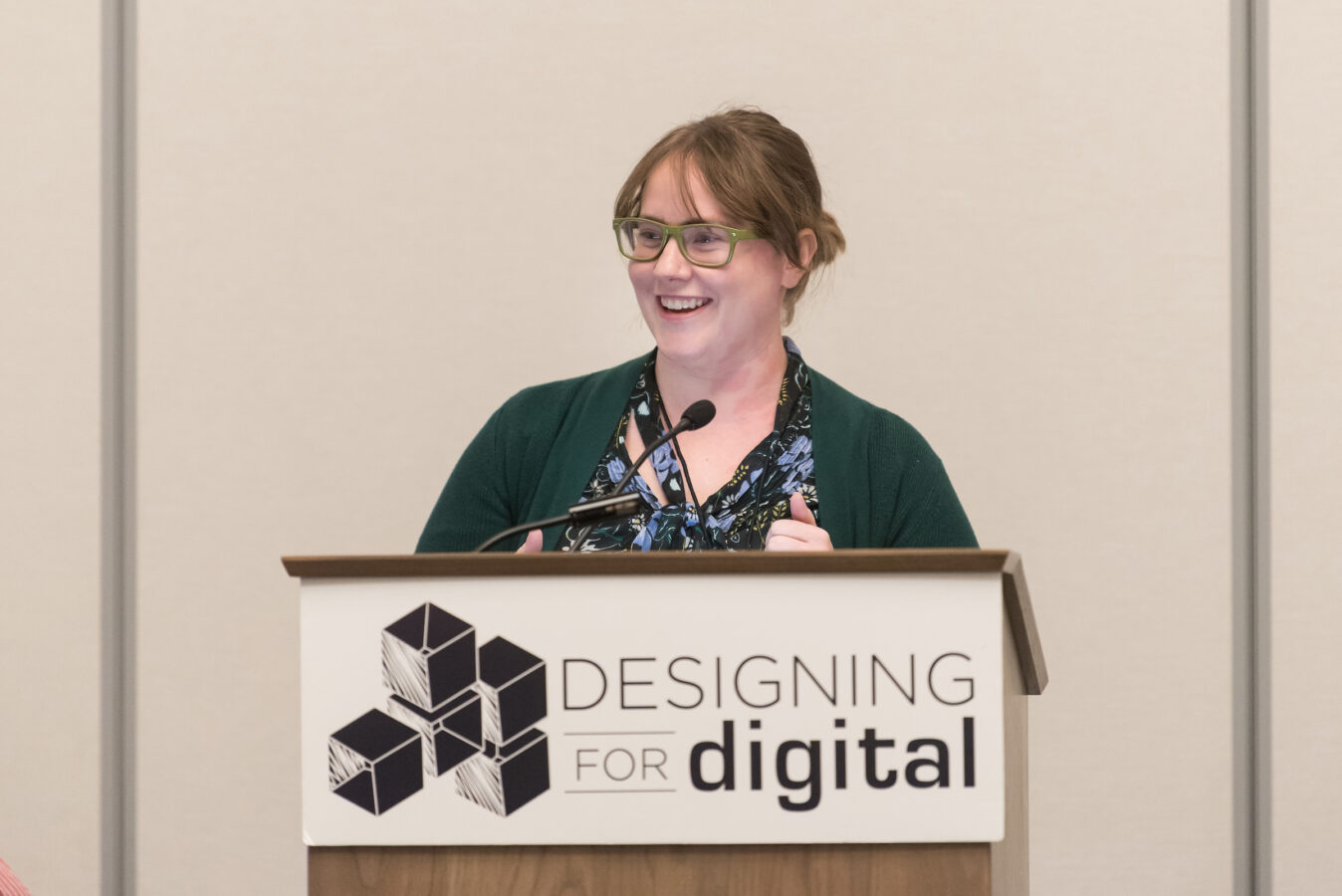March 4-6, 2019 | Austin, Texas + Online

Designing for Digital celebrated its 5th Anniversary Conference in Austin, Texas March 4-6, 2019 with intensive, hands-on workshops and 30+ informative sessions meant to bring together colleagues working on user experience, discovery, design and usability projects inside and outside of libraries, drawing expertise from the tech and education communities, as well as from peers.
Opening Keynote | Brad Frost
Brad Frost is a web designer, speaker, trainer, consultant, writer, and musician located in Pittsburgh, PA. He recently published Atomic Design, a book that introduces a methodology for thinking of our UIs as thoughtful hierarchies, discusses the qualities of effective pattern libraries, and showcases techniques to transform team’s design and development workflow.
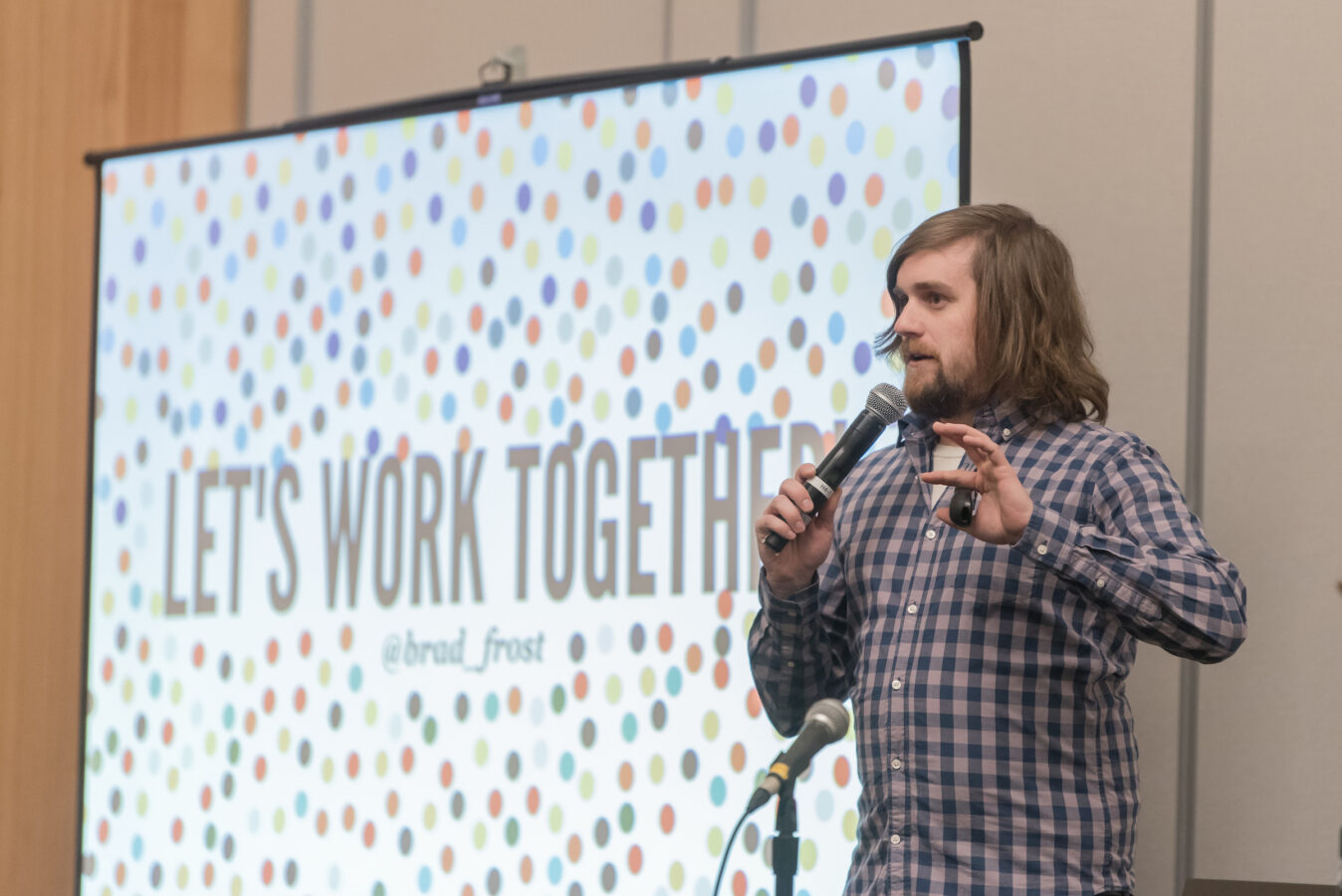
Let’s Work Together!
Nobody works alone in a vacuum, and successful work hinges on how well a team communicates and collaborates with each other. This talk will explore many methods, tools, and techniques teams use to produce great web experiences. How do team members all stay aligned and working towards common goals? How do designers ensure colors, typography, and other design elements are used correctly? What deliverables should be created in an effective web design process? How are decisions communicated with the team, stakeholders, and the broader organization? There are no “right” answers to these questions, but this talk will cover some important principles and helpful tactics to help your team make great work together.
Closing Keynote | Christopher S. LaRoche
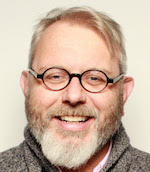
Christopher S. LaRoche works as a user experience consultant at the Massachusetts Institute of Technology (MIT). His works focuses on researching and evaluating the accessibility & usability of Web sites and software. His interest also includes promoting inclusive design. Christopher S. LaRoche works as a user experience consultant at the Massachusetts Institute of Technology (MIT). His works focuses on researching and evaluating the accessibility & usability of Web sites and software. His interest also includes promoting inclusive design.
He has worked as a technical writer, information designer, user researcher, and consultant in his career. Chris has worked at Autodesk, Sun Microsystems, Genuity/BBN, Domain Pharma, Fidelity Investments, Paragon Imaging, HR Block, and the Commonwealth of Massachusetts.
Additionally, Chris is a Senior Lecturer at the College of Professional Studies (CPS) at Northeastern University, where he has taught for several decades. He teaches a wide range of graduate courses in user experience. He has taught at Harvard University, University of Wisconsin, Bentley University, and Emerson College. Chris also teaches undergraduate courses in modern Irish history.
Chris has been a long-term member of the User Experience Professionals’ Association (UXPA), including previously serving on the Board of Directors of the Boston and International Chapter(s). He presents regularly at professional conferences. Chris has an MA in Irish history from Trinity College in Hartford, Connecticut, and an MS in Human Factors from Bentley University.
How Did We Get Here? A historical journey of user experience
With the expansiveness of the concept and idea of user experience everywhere in our digital and physical lives today, the question remains: how did we get here and how did this topic become so pervasive in such a short time?
The discussion will describe how the field has evolved, matured, adapted, and continued to expand: from humble beginnings, as human factors and usability, to becoming an all-encompassing term user experience that includes so many professions and areas. To answer this question, this talk focuses on the evolution of the journey of the UX field from its incubation in World War II and post war, through the evolution of the consumer society in the 1950s/1960s, through the software explosion of the 1980s/1990s, and the Web explosion of the 1990s/2000s. We will then discuss specifically how this professional solidified and became so important within the last decade.
Finally, a wrap up will include where the idea and concept of user experience is headed in the immediate future, with a call to action to understand the risks and benefits on the field’s horizon.
Invited Speaker | S. Craig Watkins
S. Craig Watkins studies young people's social and digital media behaviors. He is a Professor at the University of Texas, Austin, in the department of Radio-Television-Film. Craig is also a Faculty Fellow for the Division of Diversity and Community Engagement at the University of Texas at Austin. He received his PhD from the University of Michigan.S. Craig Watkins studies young people's social and digital media behaviors. He is a Professor at the University of Texas, Austin, in the department of Radio-Television-Film. Craig is also a Faculty Fellow for the Division of Diversity and Community Engagement at the University of Texas at Austin. He received his PhD from the University of Michigan.

The Digital Edge: How Black and Latino Youth Navigate Digital Inequality
Craig's recently published book The Digital Edge: How Black and Latino Youth Navigate Digital Inequality examines how the digital and social-media lives of low-income youth, especially youth of color, have evolved amidst rapid social and technological change. Relying on nearly three hundred in-depth interviews with students, teachers, and parents, and hundreds of hours of observation in technology classes and after school programs, The Digital Edge carefully documents some of the emergent challenges for creating a more equitable digital and educational future. Focusing on the complex interactions between race, class, gender, geography and social inequality, the book explores the educational perils and possibilities of the expansion of digital media into the lives and learning environments of low-income youth. Ultimately, the book addresses how schools can support the ability of students to develop the social, technological, and educational skills required to navigate twenty-first century life.
Conference Archive


